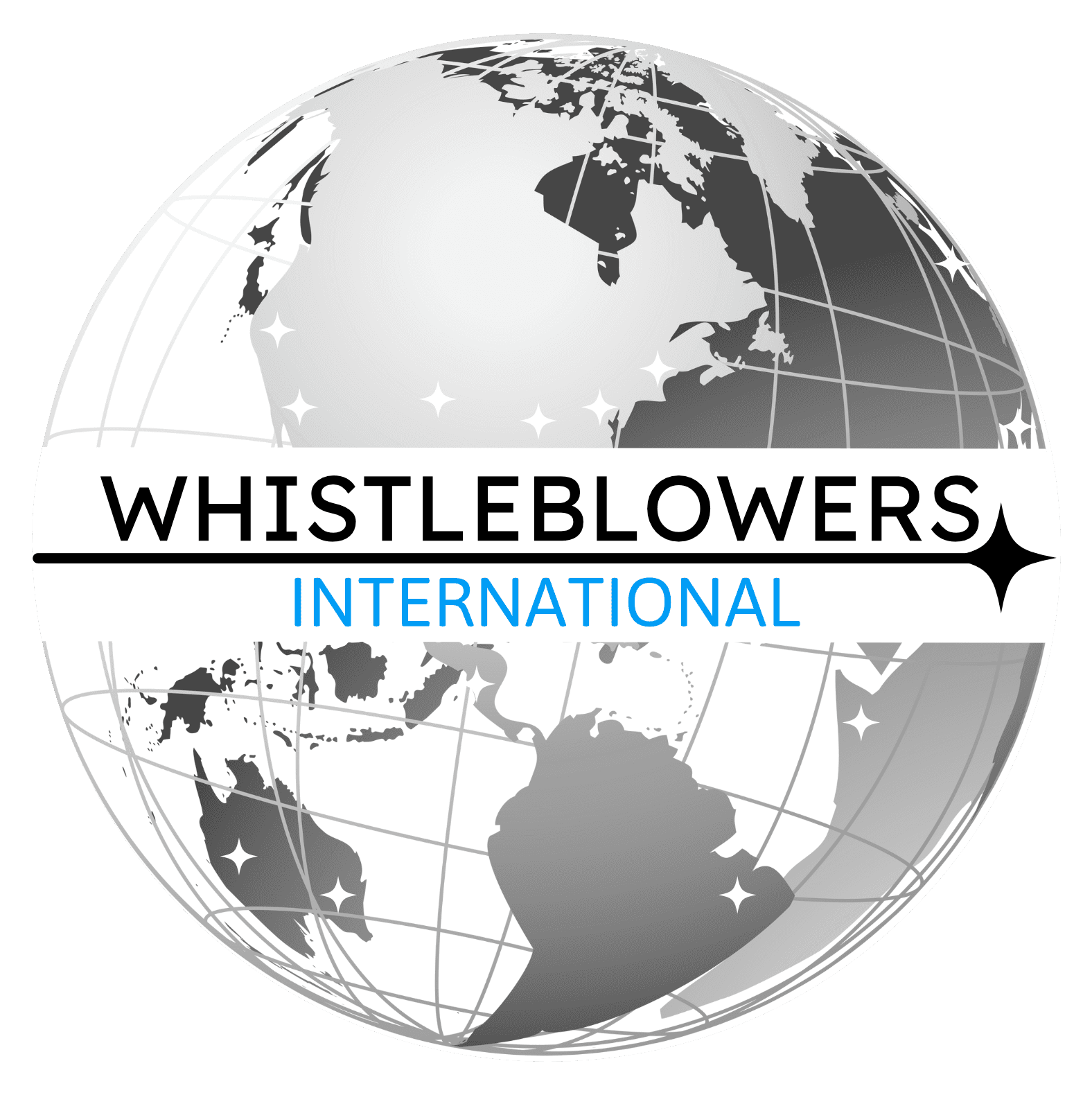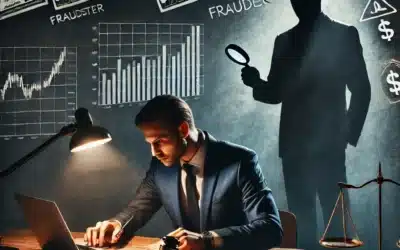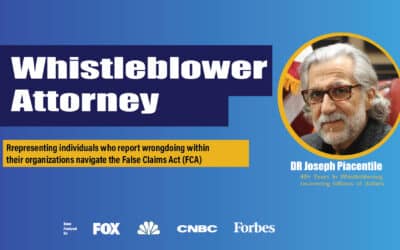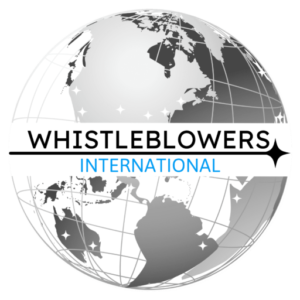PROTECTION
WHISTLEBLOWER PROTECTION AND RIGHTS
The whistleblower programs, laws, and several practical policies protect those who decide to come forward in several ways. Several whistleblower programs offer restitution, backpay and reinstatement as remedies if successful in your anti-retaliation claim.
WHISTLEBLOWERS ARE HEROES, NOT UNLOYAL TURNCOATS
Corporate cultures in many workplaces value loyalty above all else, even to the point of disobeying the law in order to protect people inside the company. This form of blind obedience is often a one-way street, and workers get no benefits other than just the opportunity to keep working. Corporations just take advantage of their employees in order to minimize their own risk while giving nothing in return.
Because of this widespread practice, whistleblowers were unfairly characterized as unloyal turncoats and experienced retaliation in the workplace in the form of demotion, termination, or extreme mobbing. Today, however, many new laws protect them against all forms of harassment since the U.S. Government fully understand that their heroic efforts to fight for justice are indispensable to our country. In almost all circumstances, an individual who blows the whistle is legally entitled to continue their work without discrimination or any negative consequences from his choice.
FILING ANONYMOUS WHISTLEBLOWER CLAIMS
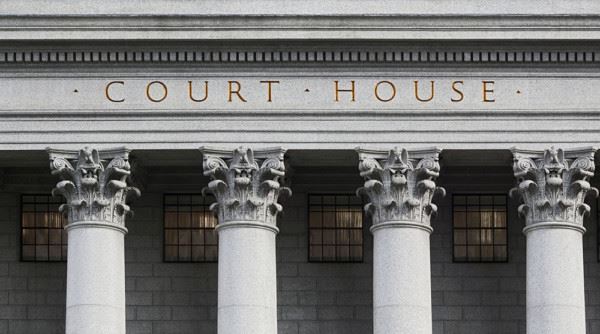
Multiple laws and reward programs’ procedures protect the whistleblower’s identity by allowing him to file a claim anonymously and hiring a lawyer to represent him in court. In addition, an unsuccessful case can be dismissed before it is made public. The attorney will organize, file and facilitate the litigation and eventually advocate on his behalf. Both the Dodd–Frank Actand the IRS whistleblower program protect relators’ identities.
PROTECTION AGAINST CORPORATE RETALIATION
In the event a whistleblower’s identity becomes known or he chooses to go public with his case, multiple additional statutes strictly prohibit any sort of retaliation. Defendants that act against a qui tam relator risk additional civil penalties and a harsher enforcement action for the misconduct reported. Companies can also be sued separately whenever any form of harassment occurs. Restitution in these cases can include double back pay, reinstatement to the original position, reimbursement for the expenses, and in some instances a promotion to a superior position.
The False Claims Act’s Anti-Retaliation provision legally protects those who blew the whistle from retaliation for any act related to their claim, including discussing with an attorney or reporting fraud either internally or externally. A worker does not even need to actually file a case to be protected under the Act’s protection clauses.
WHAT DO YOU NEED TO BECOME A WHISTLEBLOWER?
If you want to report an ongoing or widespread fraud you witnessed within your workplace, you need to be sure that you possess enough information to build a solid case. If you can back up your information with insider knowledge or substantial physical evidence, you may have a chance of becoming a successful whistleblower and take the first step by filing a legal whistleblower action.
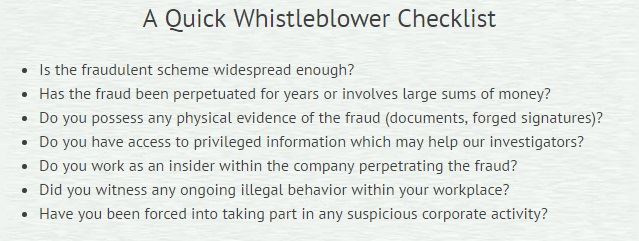
Contact Us Today
The information submitted will be submitted to the law firm of Piacentile & Associates LLP d/b/a Whistleblowers International. This communication does not create an attorney-client relationship and is submitted only for the purpose of evaluating your claim to see if this is something we are able to help you with. By contacting us, you certify that you are a potential client making a bona fide inquiry about obtaining legal services to address a potential whistleblowing legal claim. Past results do not guarantee future outcomes. While this submission does not create an attorney-client relationship, all information submitted will be kept strictly confidential per legal ethics rules since this information is submitted in contemplation of a potential attorney-client relationship. No attorney-client relationship is formed until it is determined after evaluation with you that this is something we can take on and a retainer agreement is signed by you and the law firm of Piacentile & Associates LLP d/b/a Whistleblowers International. Please also understand that by submitting your information, there is no guarantee that we will contact you in response, as at any given time, there are only a limited number of claims we are able to take on and pursue. If we do not contact you within 3-business days of your submission, please reach out to another whistleblower law firm if you are interested in pursuing your matter.
Our Areas of Practice
HEALTHCARE FRAUD
Securities / Derivatives Fraud
Fraud Against the Government
Tax Fraud
Cryptocurrencies Fraud
Defense Contractor Fraud
Money Laundering
Foreign Corrupt Practices Act
DR. JOE’S CASES HAVE BEEN FEATURED IN:





COMMITTED TO GLOBAL TRANSPARENCY
Unmasking Investment Fraud: A Private Investigator’s Guide to Navigating Financial Scams
As a private investigator specializing in investment fraud cases, I've seen countless victims fall prey to sophisticated schemes that exploit their trust and hard-earned money. Over the years, I’ve gathered insights on how to spot fraud, protect investments, and take...
Whistleblower Attorneys: Protecting Those Who Speak Out Against Fraud
At Whistleblowers International, we specialize in representing courageous individuals who report fraud, misconduct, or illegal Whistleblower Attorneys: Protecting Those Who Expose Fraud At Whistleblowers International, we are...
Financial Crimes Enforcement Network (FinCEN): An Overview
The Financial Crimes Enforcement Network (FinCEN) is a bureau within the U.S. Department of the Treasury that plays a critical role in safeguarding the financial system against illicit activities such as money laundering, terrorist financing, and other financial...
What is FinCEN?
The Financial Crimes Enforcement Network (FinCEN) is a bureau of the U.S. Department of the Treasury dedicated to combating financial crimes, such as money laundering, terrorist financing, and other illicit activities that exploit the financial system. Established in...
PCBs and Cancer: Understanding the Risks and Connections
Polychlorinated Biphenyls (PCBs) are chemical compounds that were widely used in industrial applications before their ban in the late 1970s due to health concerns. One of the most significant risks associated with PCB exposure is cancer. Numerous studies have explored...
Understanding the Current PCB Legal Landscape and Emerging Cases
Polychlorinated Biphenyls (PCBs) Polychlorinated Biphenyls (PCBs) have been the subject of numerous lawsuits for decades due to their widespread use and enduring impact on the environment and public health. Despite being banned in the late 1970s, PCBs continue to pose...
Understanding PCB Exposure: Common Questions and Answers
What is PCB Exposure? Q: What is PCB exposure? A: PCB (Polychlorinated Biphenyl) exposure refers to contact with these man-made chemicals, which were widely used in various industrial applications from the 1930s until their production was banned in many countries in...
Top U.S. Government Contractors and the Risks of Procurement Fraud
The U.S. government is one of the largest purchasers of goods and services globally, spending hundreds of billions annually on contracts with private companies. While these contracts provide significant business opportunities, they also come with risks, including the...
Understanding Government Contract Fraud: Can Contractors Be Criminally Charged?
Government contract fraud is a significant issue affecting both the federal government and the private sector. With billions of dollars allocated to government contracts annually, instances of fraud have emerged as a critical concern. This article explores whether...
Understanding Securities and Commodities Fraud: Insights from a Lawyer’s Perspective
Securities and commodities fraud can be complex and overwhelming to navigate, especially if you're facing legal challenges in these areas. This blog post aims to shed light on the essential aspects of securities and commodities fraud, answering key questions and...
The information on this website is for general information purposes only. Nothing on this site should be taken as legal advice for any individual case or situation.
We do not accept cases in all jurisdictions. No representation is made that the quality of the legal services to be performed is greater than the quality of legal services performed by other lawyers. Prior results do not guarantee a similar outcome. This information is not intended to create, and receipt or viewing does not constitute, an attorney-client relationship. While we will treat any information provided as privileged and confidential, you should understand that when you provide information about a potential case to us, we do not become your attorneys. We do not represent you until we have agreed to do so and a retainer has been signed by both of us. This information is not intended to create, and receipt or viewing does not constitute, an attorney-client relationship. This website may be considered attorney advertising in some states.
© 2024 All Rights Reserved.
